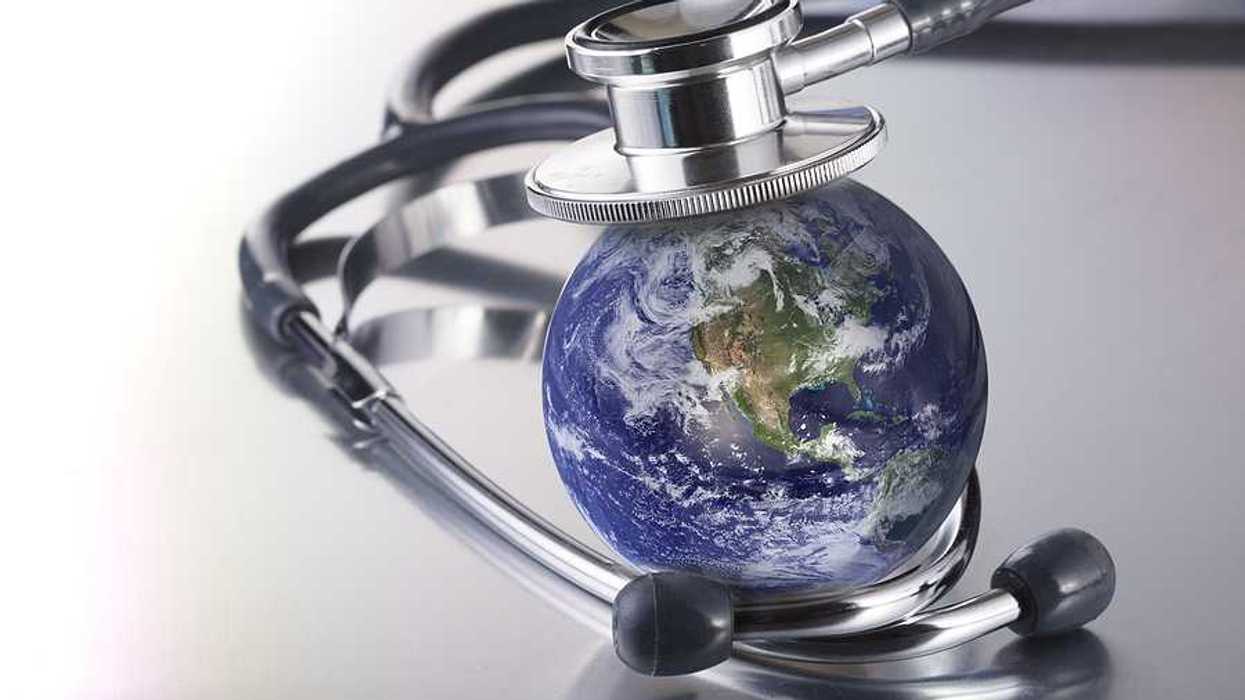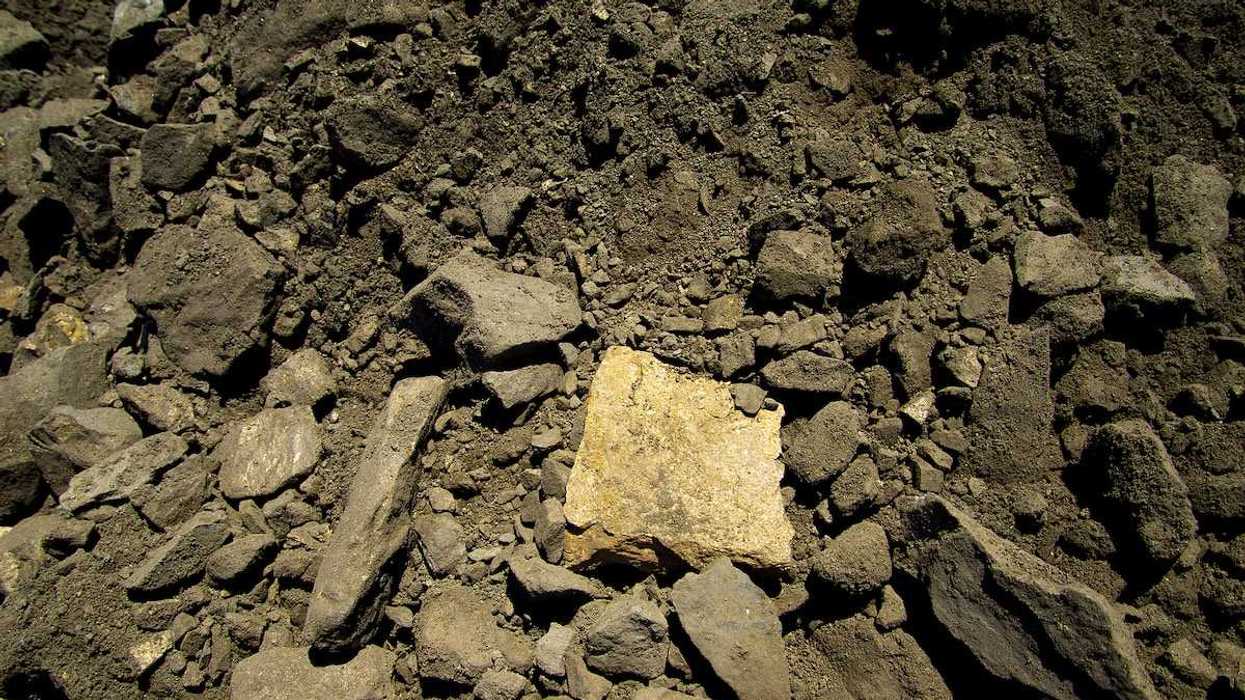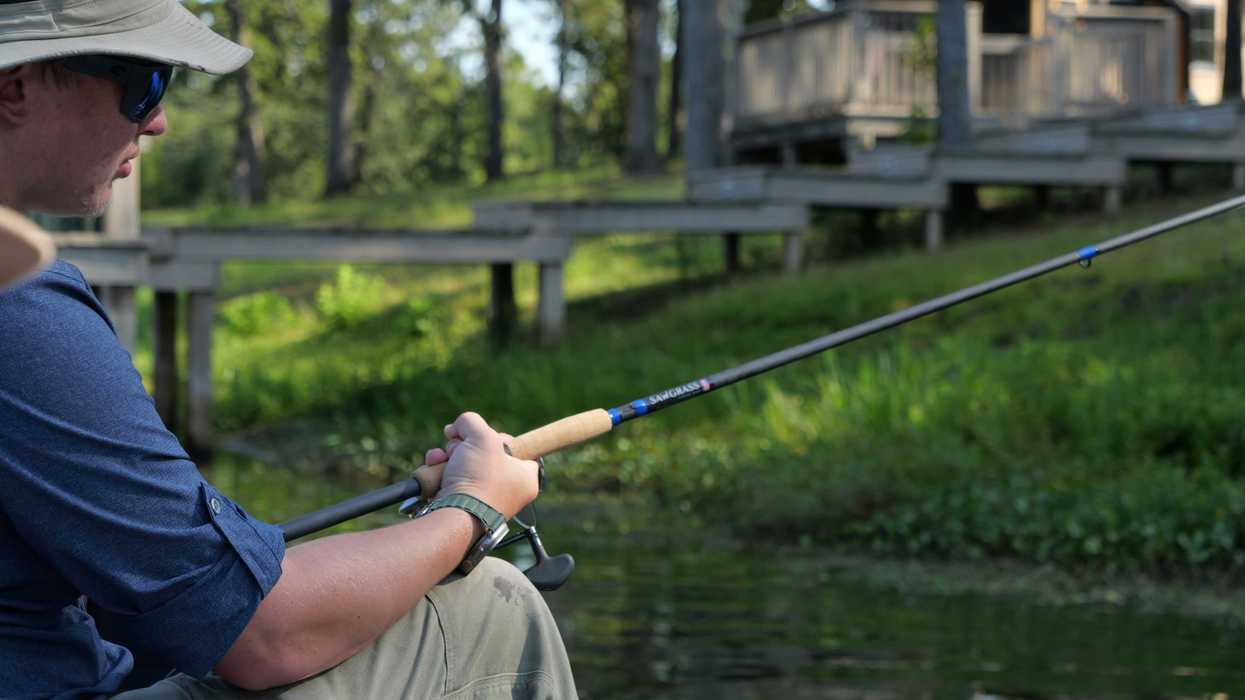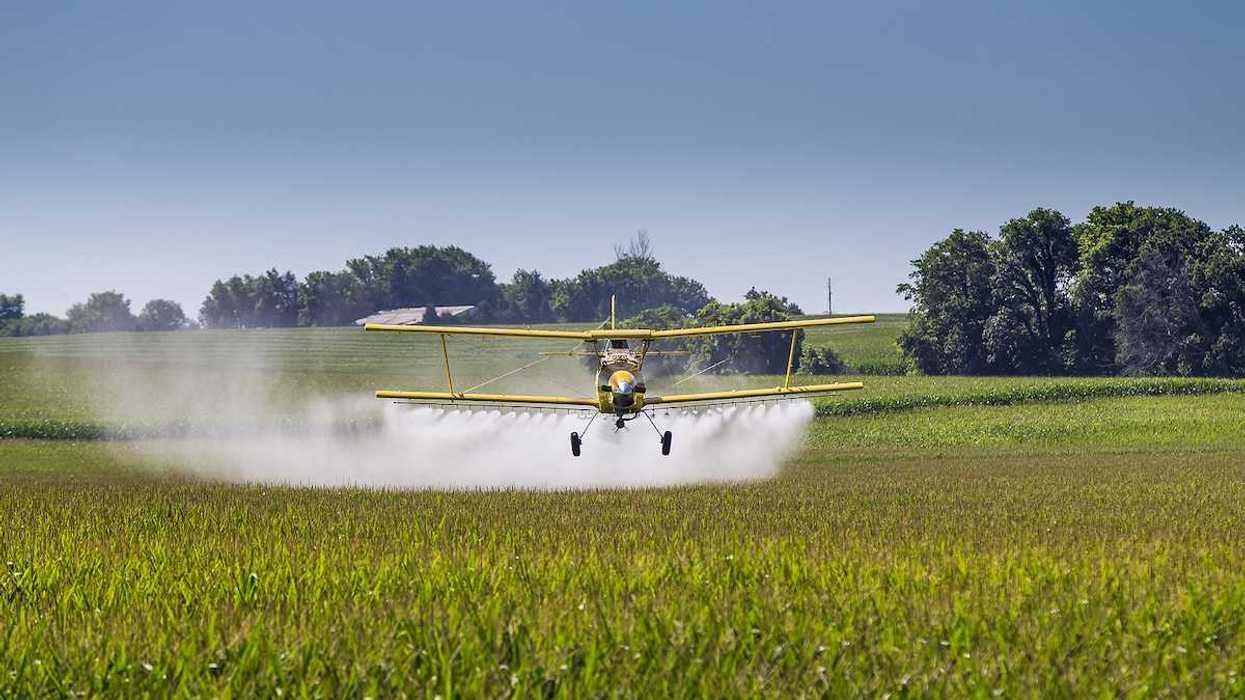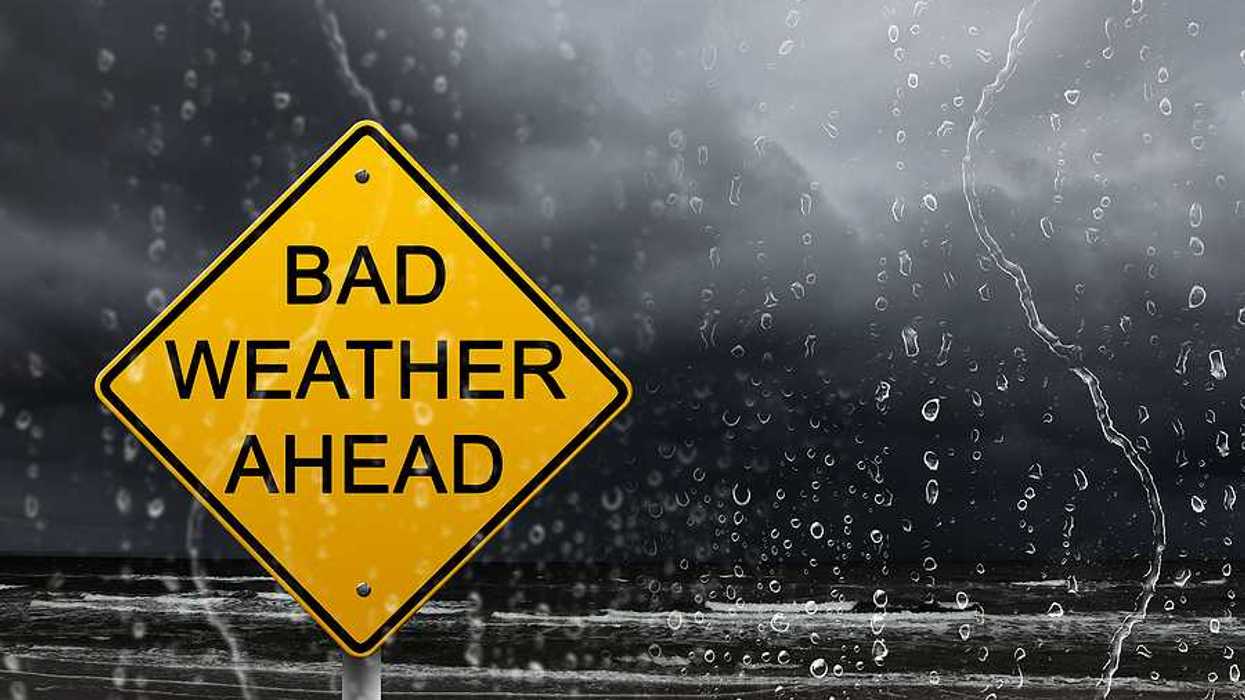Pennsylvania saw a record number of billion-dollar weather disasters in 2024, prompting officials and experts to gather in Philadelphia to discuss emergency preparedness as the federal government threatens funding cuts.
Kiley Bense reports for Inside Climate News.
In short:
- Pennsylvania experienced 12 major weather disasters in 2024, equaling the total from the entire 1980s, as climate change drives more extreme storms, heat waves and flooding.
- Experts at a Drexel University event emphasized the need for early warning systems, evacuation plans and improved public communication to protect vulnerable populations.
- The Trump administration’s proposed cuts to Federal Emergency Management Agency funding could leave states struggling to prepare for and recover from future disasters.
Key quote:
“Climate impacts are worsening and our federal politicians are going the wrong direction.”
— Chitra Kumar, managing director of the climate and energy program at the Union of Concerned Scientists
Why this matters:
Extreme weather events are becoming more frequent and severe, straining public health, infrastructure and local economies. Without federal support, state and local governments will face mounting challenges in disaster response and recovery. Vulnerable communities, including low-income and undocumented populations, risk being left without aid.




